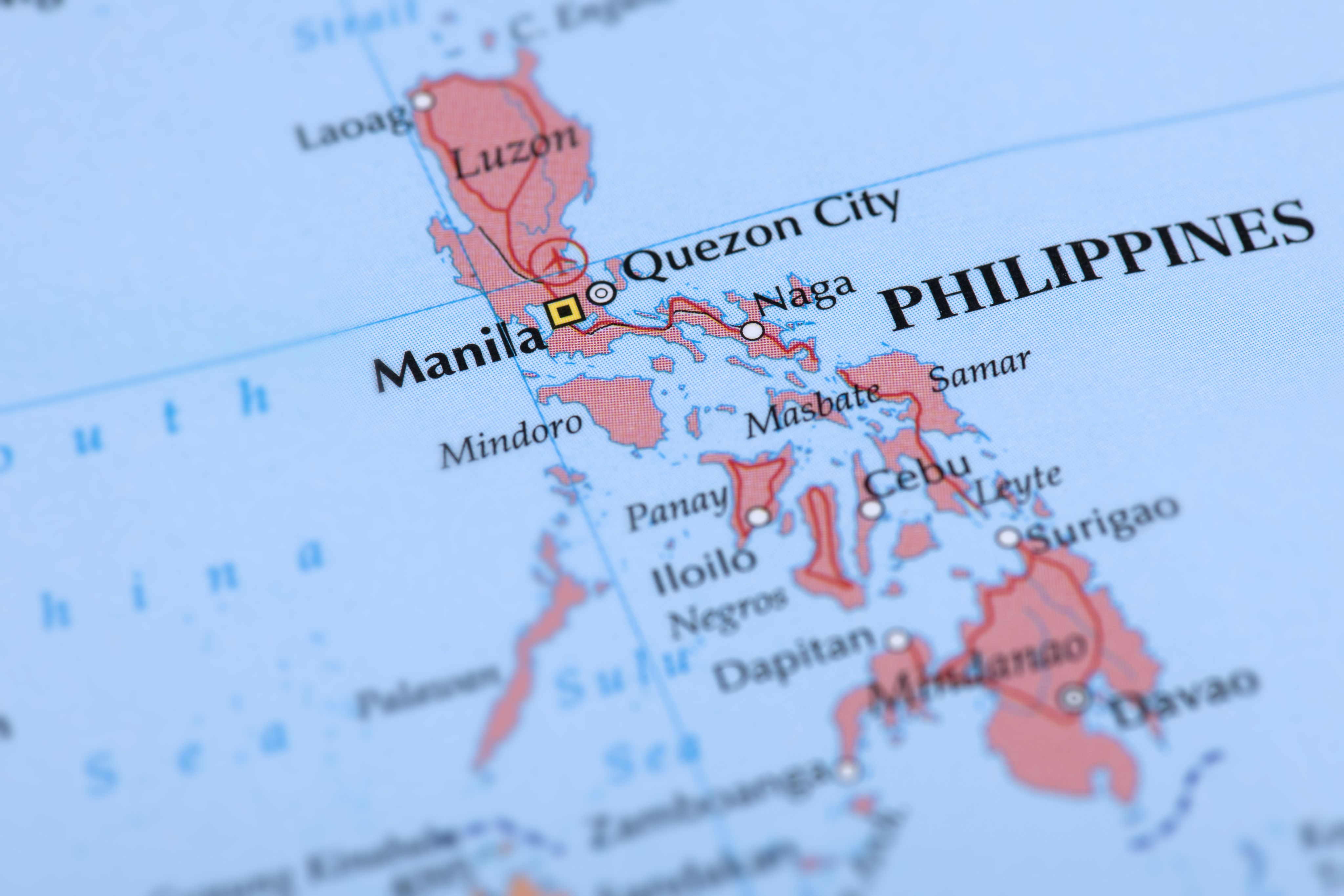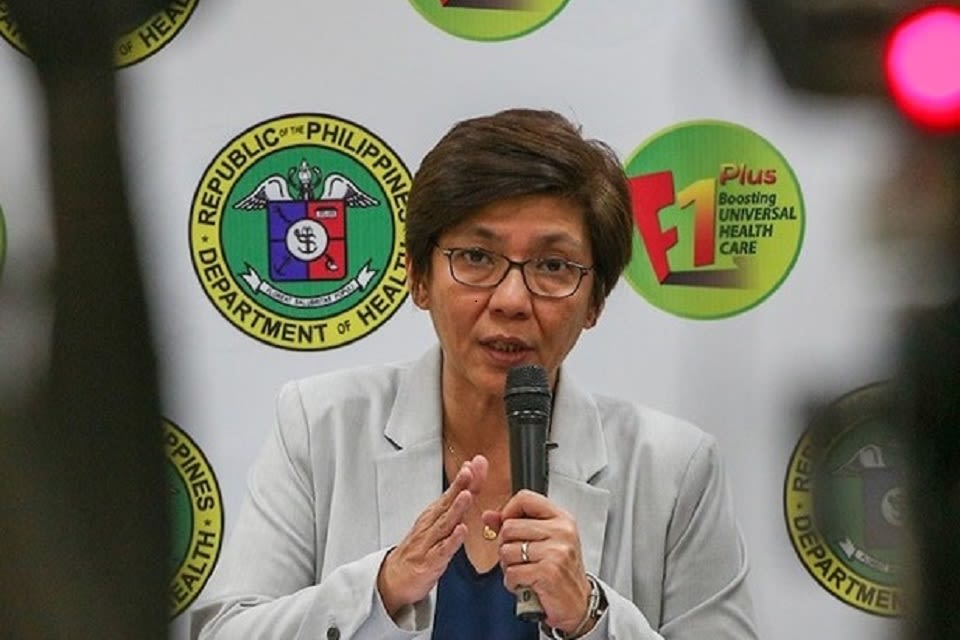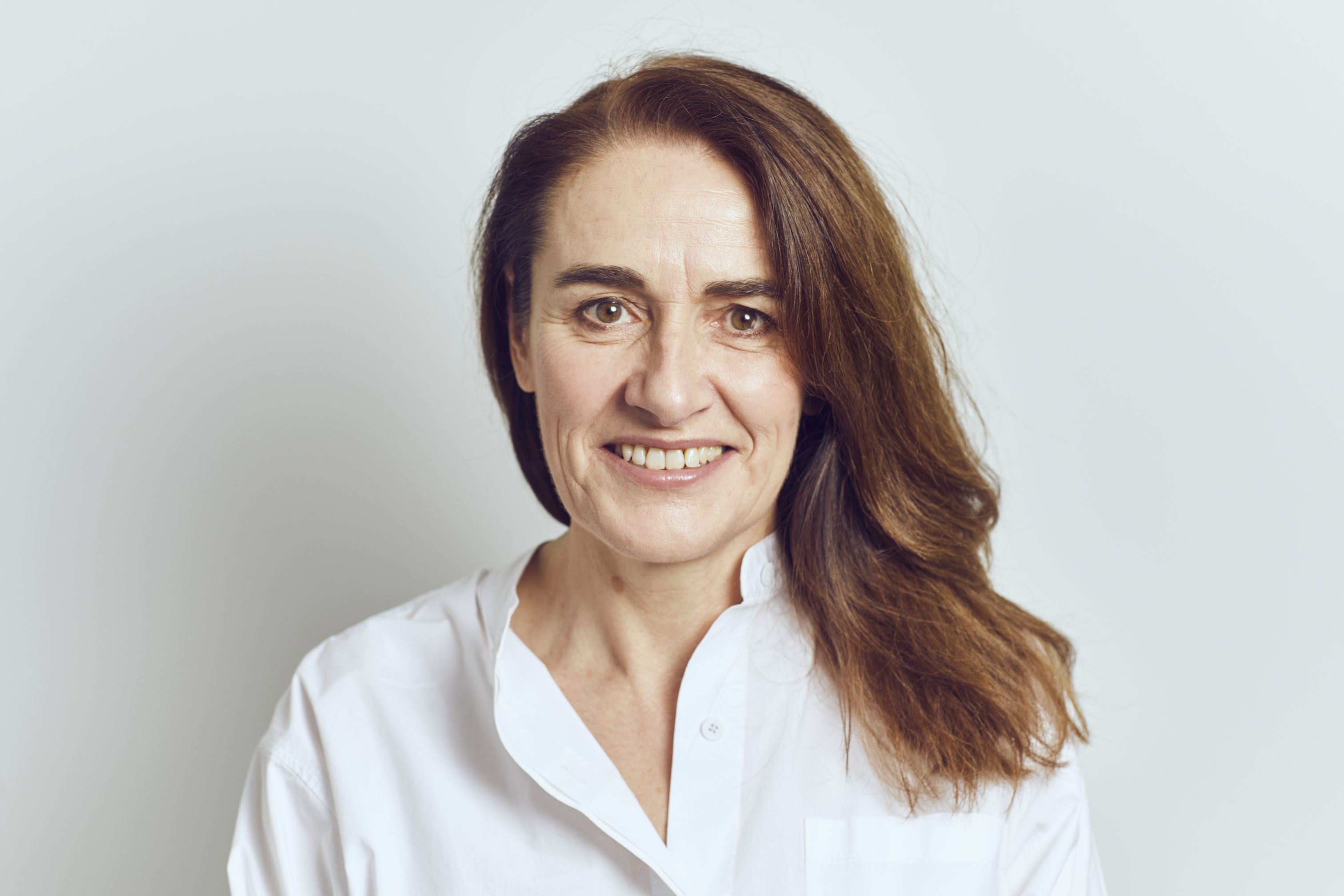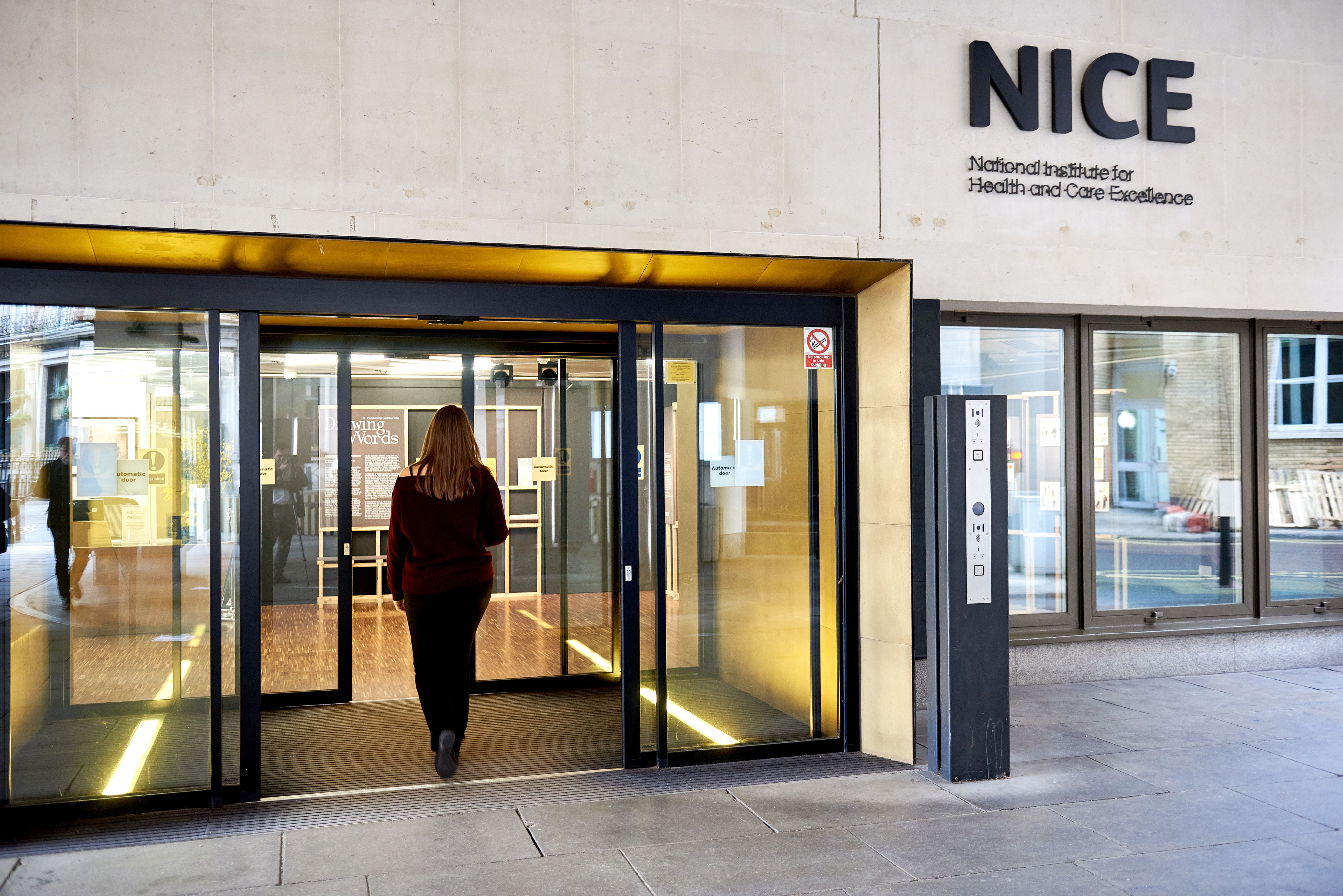Developing clinical guidelines and quality standards in the Philippines
Case study

NICE International supports countries to improve their own nation’s health and wellbeing. It does this by sharing best practice and helping to drive improvements in evidence-based decision-making. In this case study, we explore our collaboration with the Philippine Department of Health (DOH). This project focuses on standardising the development of clinical guidelines and quality standards.


“We understand the value of collaboration and knowledge exchange with international partners such as NICE, which has already established itself as a world leader in evidence-based healthcare.”
Maria Rosario Singh-Vergeire, health officer-in-charge, Philippine DOH
Photo courtesy of ABS CBN News

“The collaboration between the DOH in the Philippines, the NHS Consortium for Global Health and NICE supports the Philippines’ priorities in health policy development. It demonstrates the shared commitment of the UK and the Philippines to continue our collaboration in delivering stronger, universal healthcare.”
Laure Beaufils, British Ambassador to the Philippines
A long-standing partnership on health technology assessment
NICE’s relationship with the Philippine DOH began over a decade ago. In 2012, we began working with them on health technology assessment. We delivered workshops on topics such as evaluation methods, use of the EQ-5D quality of life measure, and systematic reviews.
We renewed this relationship as part of the Foreign, Commonwealth and Development Office’s Better Health Programme, in collaboration with the NHS Consortium for Global Health. Through this programme, NICE International provided technical advice and participated in knowledge transfer seminars on topics including:
- developing academic networks to support health technology assessment
- principles underpinning decision-making (working with NICE's technical teams and committee chairs)
- NICE’s response to COVID-19 including the evaluation of medicines and development of clinical guidelines.

The Universal Health Care Act
In 2019, the Philippine Government passed the Universal Health Care Act. The bill enrols all Filipino citizens into the National Health Insurance Program and gives them access to a full range of health services.
In response to the act and with support from NICE International and other partners, the Philippine DOH:
- set up its own health technology assessment unit
- established the Health Technology Assessment Council of the Philippines (a decision-making committee)
- published the country’s first health technology assessment methods and process guides.

Evolving from health technology assessment to clinical guidelines and quality standards
In parallel to the implementation of the Universal Health Care Act, and in response to the COVID-19 pandemic, one of the Philippines’ current priorities is setting up its own Centre for Disease Control. The centre aims to ensure the quality of health services through the development of evidence-based public health and clinical care standards.
To improve standards for clinical practice, the Philippine DOH has also set up the National Practice Guidelines Program. It’s their role to oversee the development, dissemination and adoption of clinical guidelines.
Peer-to-peer learning
NICE International, in collaboration with the NHS Consortium for Global Health, is supporting this clinical guideline work. In October 2022 they delivered a series of in-person knowledge transfer seminars in Manila. The sessions covered a broad range of topics including:
- integrating health technology assessment and clinical guidelines
- engagement with system partners
- topic prioritisation
- the guideline development process
- developing quality standards and indicators
- putting guidelines into practice.

“The last 2 days have been a fantastic opportunity for peer-to-peer interaction. Both the UK and the Philippines are learning from each other’s experiences in health technology assessment and guideline development.”
Dr Judith Richardson, programme director for health and social care at NICE
While in Manila, NICE staff also delivered a session at the Philippine National Health Research Forum for Action. Organised in celebration of World Evidence-based Healthcare Day, the event gave a helpful overview of how the Philippines are developing and implementing guidelines. It was a great opportunity for shared learning between NICE, the Philippine DOH, the Philippine Health Insurance Corporation and academics such as those from the University of the Philippines Manila.
From Manila to London
A delegation from the Philippines then travelled to London for a knowledge exchange with NICE and NHS England. This was part of a wider study visit to the UK, organised in collaboration with the NHS Consortium for Global Health. Topics covered included:
- health technology assessment
- pricing including managed access and commercial negotiations
- clinical guidelines
- engagement with health system partners in England.

Next steps
- NICE International will review the Philippine Centre for Disease Control and Prevention’s and the National Practice Guidelines Program’s updated guideline development manual.
- Colleagues from the Philippines have observed several of NICE’s guideline committee meetings. They will now consider how they could use this process in the Philippines.
- NICE International will work with the Health Technology Assessment Division and Health Technology Assessment Council of the Philippines (including other partners across the DOH) on areas of common interest. This includes setting up academic networks to support health technology assessment and the development of managed access agreements.
